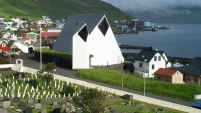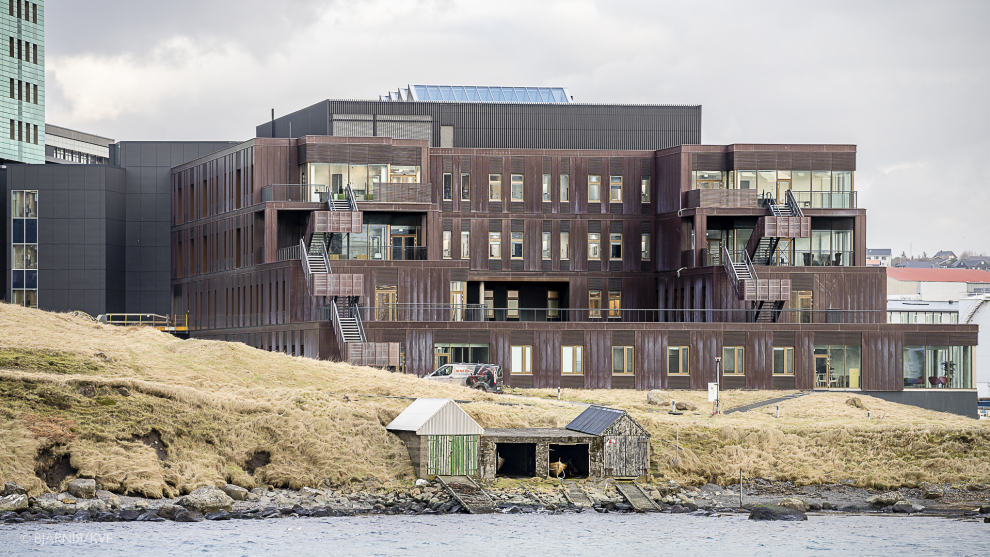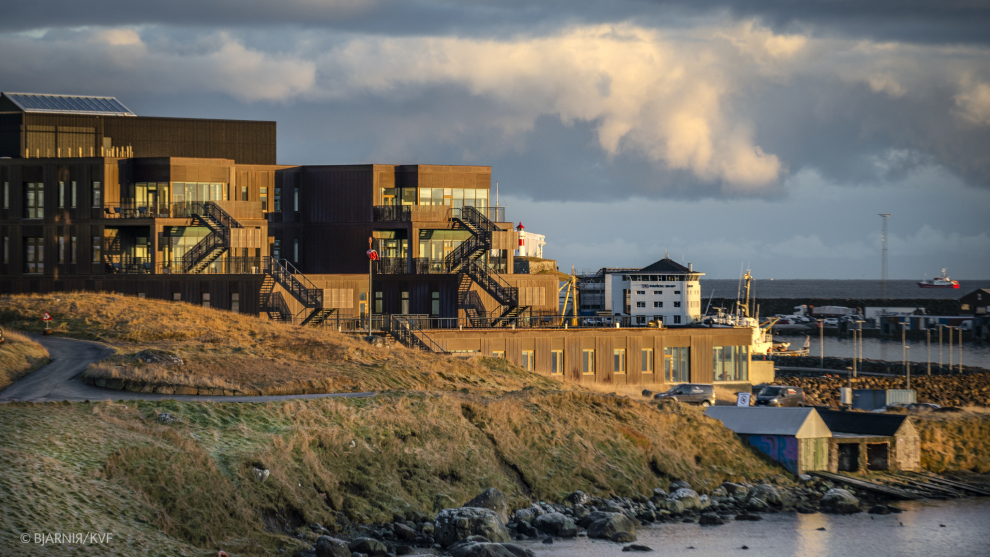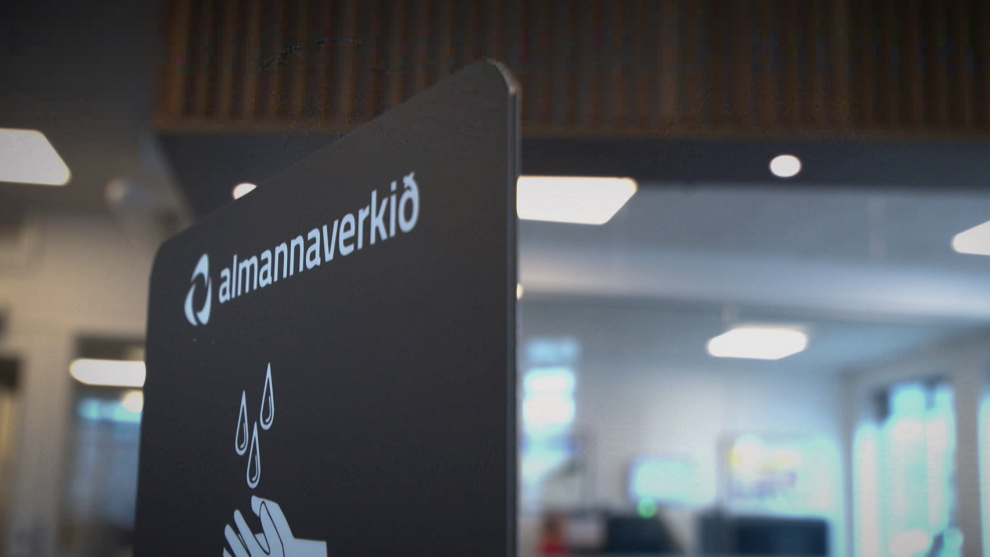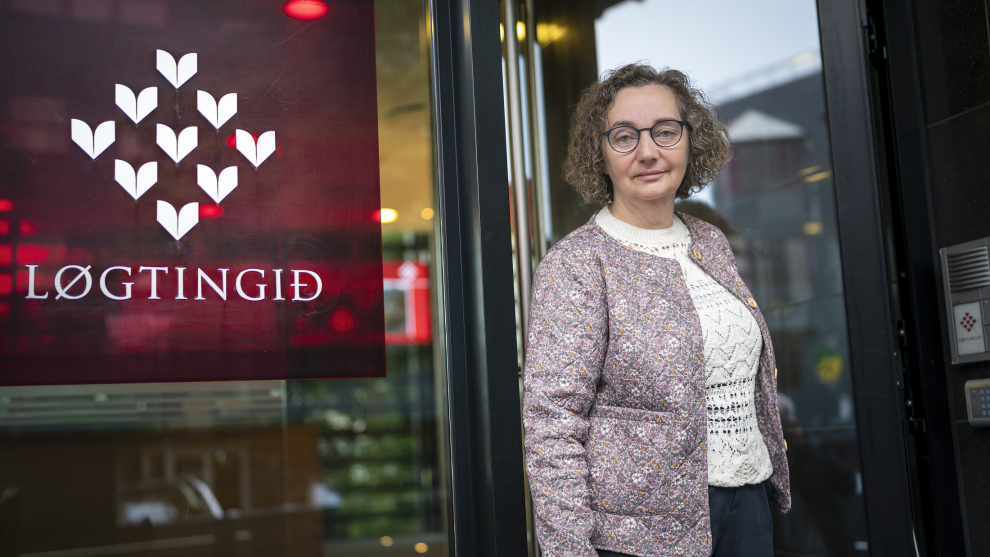- Tíðindi, mentan og ítróttur
Runavík mayor under fire for noisy ships comments
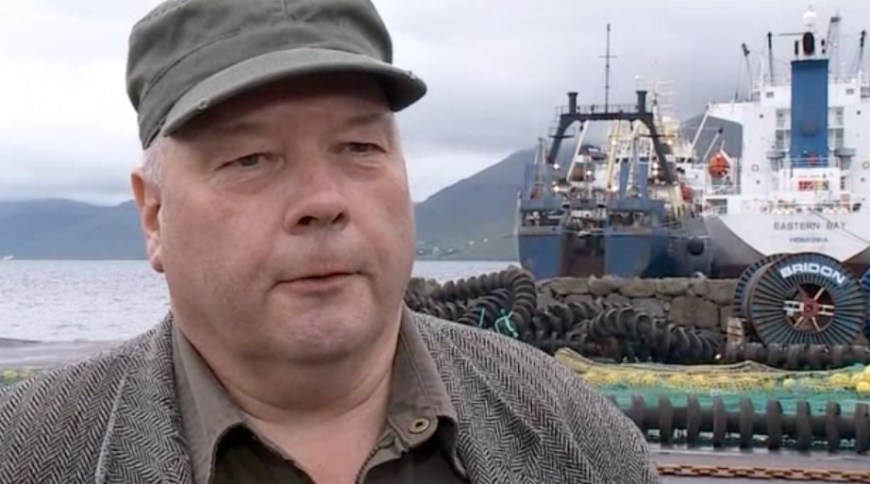
Heimafriður (A quiet home), a newly established group set up to combat noise pollution, has lashed out at Runavík’s mayor, arguing that he doesn’t care about the citizens.
“It is frightening to see that the local industry is being so heavily prioritised over the citizens,” says Trina Eysturoy, a member of Heimafriður.
“I feel sorry for people in Runavík Municipality for not having a better mayor.”
“Noise equals progress”
The criticism comes in the wake of mayor Torbjørn Jacobsen’s reply to criticism of noisy ships at the Port of Runavík.
“It is unrealistic to expect complete silence in a dynamic society,” the mayor said on Saturday. “This will never be the case, because that would be a clear sign of industrial decline.”
>> SEE ALSO Mayor wants to ban noisy Russian ships
Trina Eysturoy is keen to point out that Heimafriður is not aiming for a completely soundless society. The group’s aim, she says, is to combat unnecessary noise and vibrations from ship engines at harbours.
“The port preceded residents”
Mayor Jacobsen added that people who live near the Runavík harbour area must keep up with a certain level of noise because it was their decision to take up residence there.
“The port came before the residents, so the people who settled here were aware of the conditions,” he said. But this is a poor argument, says Heimafriður.
“You cannot demand that residents rebuild their houses just because the Town Council continues to expand the harbour activities to a degree where the locals can no longer tolerate the noise,” said Eysturoy.
Dispute about numbers
The mayor said the Town Council has investigated the costs of providing land-based electricity to ships, a less noisy solution than the current one in which the docking ships use their own on-board power generators. The study, based on Norwegian harbours, shows that this solution would cost DKK 8-10 million per ship.
“Based on our study, supplying land-based electricity generation to all the ships in the Port of Runavík would involve a total investment of DKK 150-200 million,” he said.
But these figures are incorrect, argues Heimafriður, pointing to alternative figures, also from Norway, which show that supplying land-based electricity to 40 ships costs DKK 22 million.
Translated by prosa.fo







